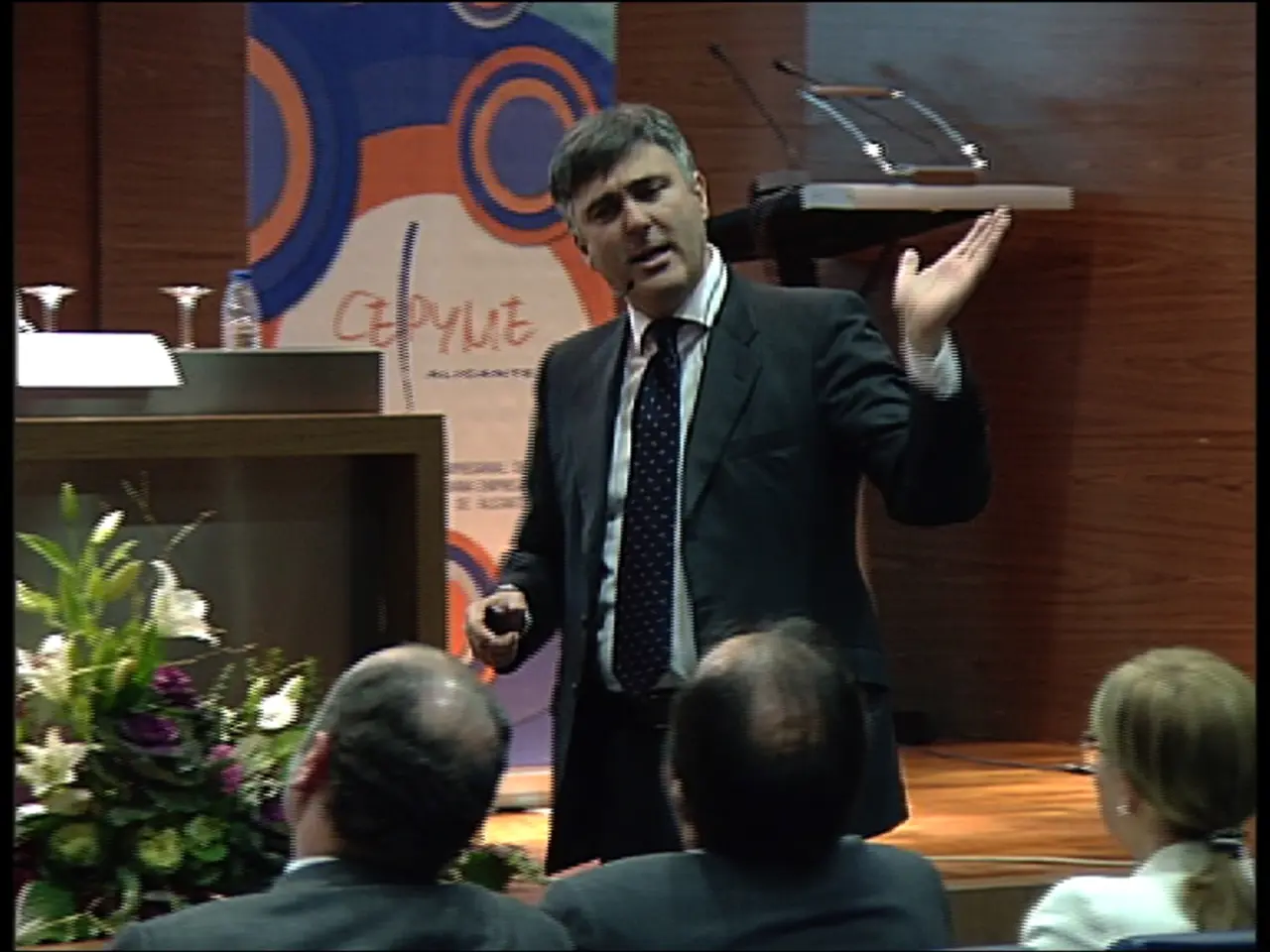Centennial Commemoration of the Tulsa Race Massacre Highlights Park University's Yearly Black History Discourse
Randy Krehbiel, a renowned journalist and Oklahoma native, will be the featured guest speaker at Park University's 20th annual Spencer Cave Black History Month Lecture. The event, which will be held virtually at our website/spencercavelecture starting at 3 p.m. on February 22, 2021, will focus on the Tulsa Race Massacre, a tragic event that took place in May 1921.
Krehbiel, a graduate of Oklahoma State University, has spent two decades researching and reporting on the Tulsa Race Massacre. His book, titled "Tulsa 1921: Reporting a Massacre", was published by the University of Oklahoma Press in September 2019. The book was named Oklahoma Department of Libraries' Nonfiction Book of the Year and the Oklahoma Historical Society's Book of the Year.
In his book, Krehbiel investigates the Tulsa Race Massacre by focusing on the racial animosity, political culture, and systemic injustice that fueled the violence and its long-lasting legacy on the Tulsa community. He details how thousands of white residents, many deputized by police, attacked the prosperous Black Greenwood neighborhood, resulting in mass killings, widespread looting, and the destruction by fire of the district.
The events of May 31 and June 1, 1921, are considered one of the worst incidents of racial violence in U.S. history. Death estimates from the Tulsa Race Massacre range from 50 to 300. More than 1,000 homes and businesses were destroyed during the massacre, and up to 300 African Americans were killed, with 6,000 detained in camps in its aftermath.
Krehbiel's discussion will delve into the causes rooted in racial animosity, political tensions, and a culture of mistrust in Tulsa. He will also explore the mass violence carried out by whites, including deputized police, against the Black community, the extensive death toll, forced detainment, and destruction of the Greenwood neighborhood. The post-massacre cover-up and erasure from public memory for many decades, contributing to deep racial divides and a de facto apartheid in Tulsa, will also be addressed.
However, Krehbiel will also highlight Greenwood residents' resilience amid official obstruction of rebuilding efforts and how the massacre’s legacy shaped Tulsa’s social and economic landscape through the 20th century, including its role in preventing further racial strife in the city during the civil rights era.
The Spencer Cave Black History Month Lecture Series at Park University is named after Spencer Cave, a man born into slavery during the Civil War. Cave worked for Park University for more than 70 years before his death in 1947. The series was started to honour Cave and expound on the many contributions African Americans have made towards the nation's success.
Krehbiel joined the Tulsa World as a sports writer in 1979 and has remained there ever since. He has also covered significant events, such as the 1995 Oklahoma City Bombing. His work on the Tulsa Race Massacre has been instrumental in bringing this tragic event to light and ensuring it is not forgotten.
We invite everyone to join us for this important event and to learn more about the Tulsa Race Massacre and its impact on the community.
[1] Source: Krehbiel, Randy. Tulsa 1921: Reporting a Massacre. University of Oklahoma Press, 2019.
During his discussion at the Spencer Cave Black History Month Lecture, Randy Krehbiel, a renowned journalist, will delve into the general-news event of the Tulsa Race Massacre, focusing on its political and socialcontext within Tulsa, Oklahoma. He will also highlight the resilience of Greenwood residents and the massacre's long-term impact on Tulsa's social and economic landscape, emphasizing the importance of remembering this tragic part of American history.








